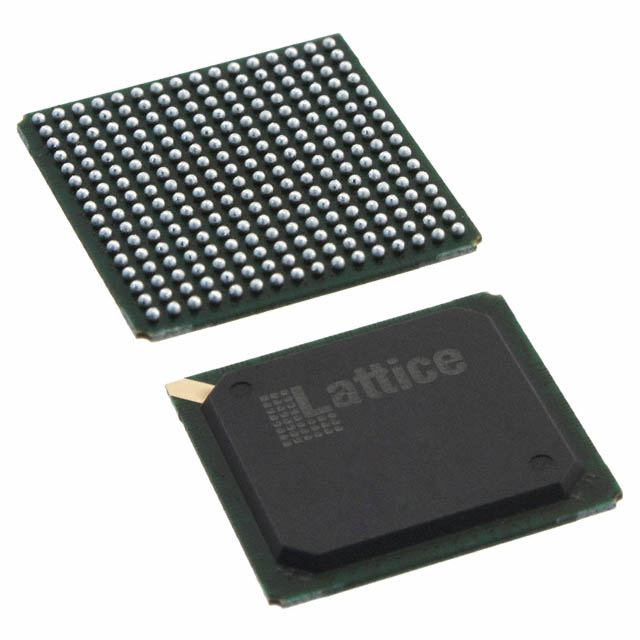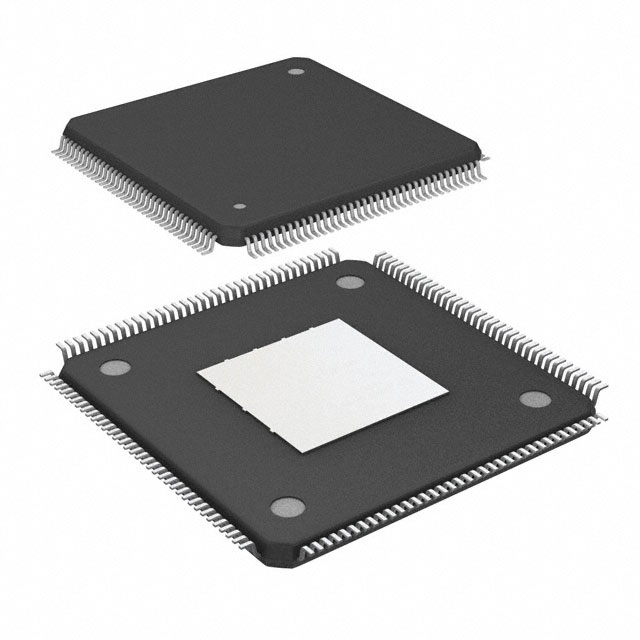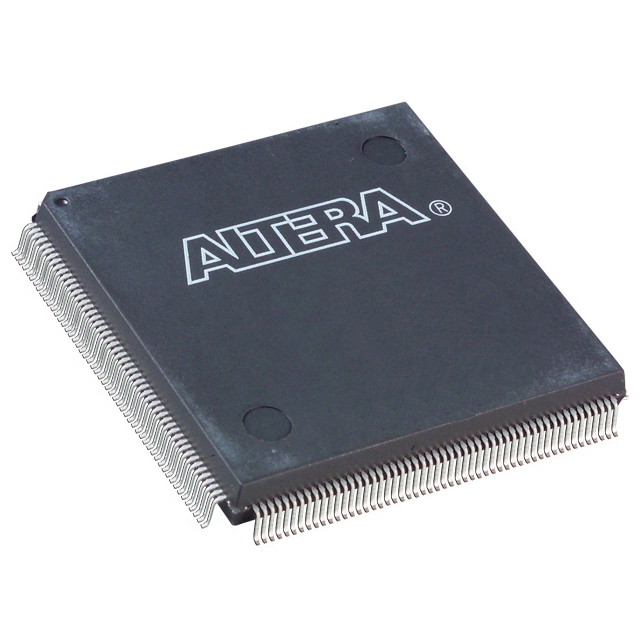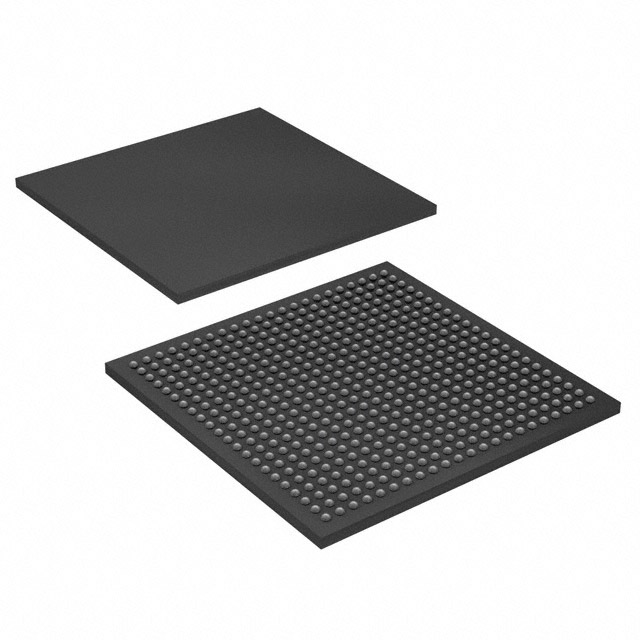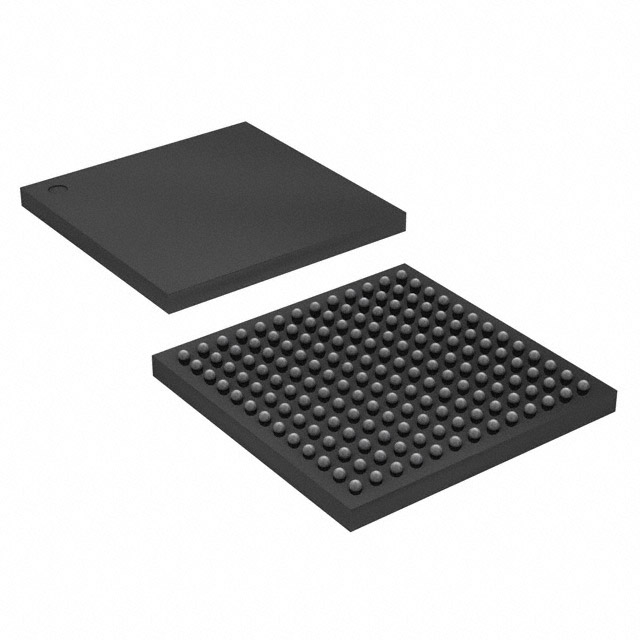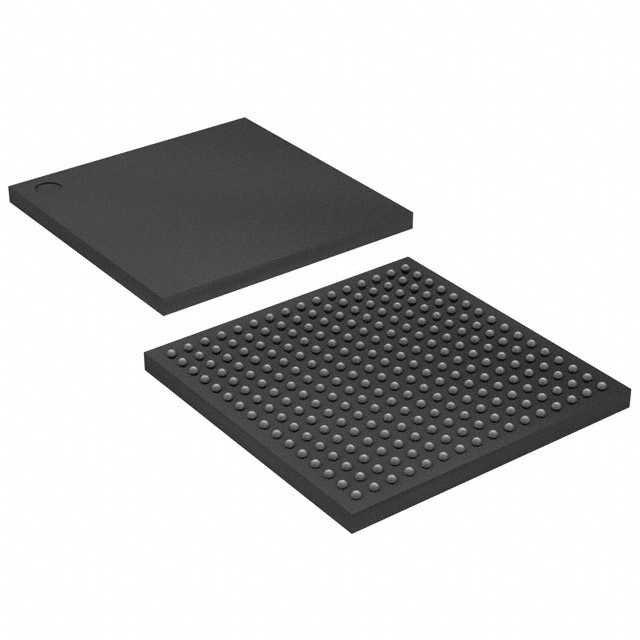In Stock : 0
Please send RFQ , we will respond immediately.









XC6SLX100T-2CSG484C Specifications
-
TypeParameter
-
Total RAM Bits4939776
-
Number of Logic Elements/Cells101261
-
Number of LABs/CLBs7911
-
Supplier Device Package484-CSPBGA (19x19)
-
Package / Case484-FBGA, CSPBGA
-
Operating Temperature0°C ~ 85°C (TJ)
-
Mounting TypeSurface Mount
-
Voltage - Supply1.14V ~ 1.26V
-
Number of I/O296
-
DigiKey ProgrammableNot Verified
-
PackagingTray
-
Product StatusActive
-
SeriesSpartan®-6 LXT
The XC6SLX100T-2CSG484C is a specific model of the Xilinx Spartan-6 family of field-programmable gate array (FPGA) integrated circuit chips. Here are some advantages and application scenarios of this chip:Advantages: 1. High Logic Density: The XC6SLX100T-2CSG484C offers a high logic density, allowing for the implementation of complex digital systems on a single chip. 2. Flexible and Reconfigurable: Being an FPGA, it can be reprogrammed to perform different functions, making it suitable for prototyping and development of various applications. 3. Low Power Consumption: The Spartan-6 family is known for its low power consumption, making it suitable for battery-powered or energy-efficient devices. 4. High-Speed Performance: The chip supports high-speed interfaces and can operate at high clock frequencies, enabling it to handle data-intensive applications.Application Scenarios: 1. Digital Signal Processing (DSP): The XC6SLX100T-2CSG484C can be used in applications that require real-time signal processing, such as audio and video processing, image recognition, and communication systems. 2. Embedded Systems: It can be used in embedded systems where custom logic is required, such as industrial automation, robotics, and automotive applications. 3. Prototyping and Development: The chip is often used in prototyping and development of new electronic systems, allowing engineers to quickly test and iterate their designs. 4. High-Performance Computing: The XC6SLX100T-2CSG484C can be used in high-performance computing applications, such as data centers or scientific research, where parallel processing and high-speed data handling are crucial. 5. Communication Systems: It can be used in networking equipment, wireless communication systems, and software-defined radios, where it can handle data processing, protocol implementation, and signal modulation/demodulation.It's important to note that the specific application scenarios may vary depending on the system requirements and the designer's needs.


















